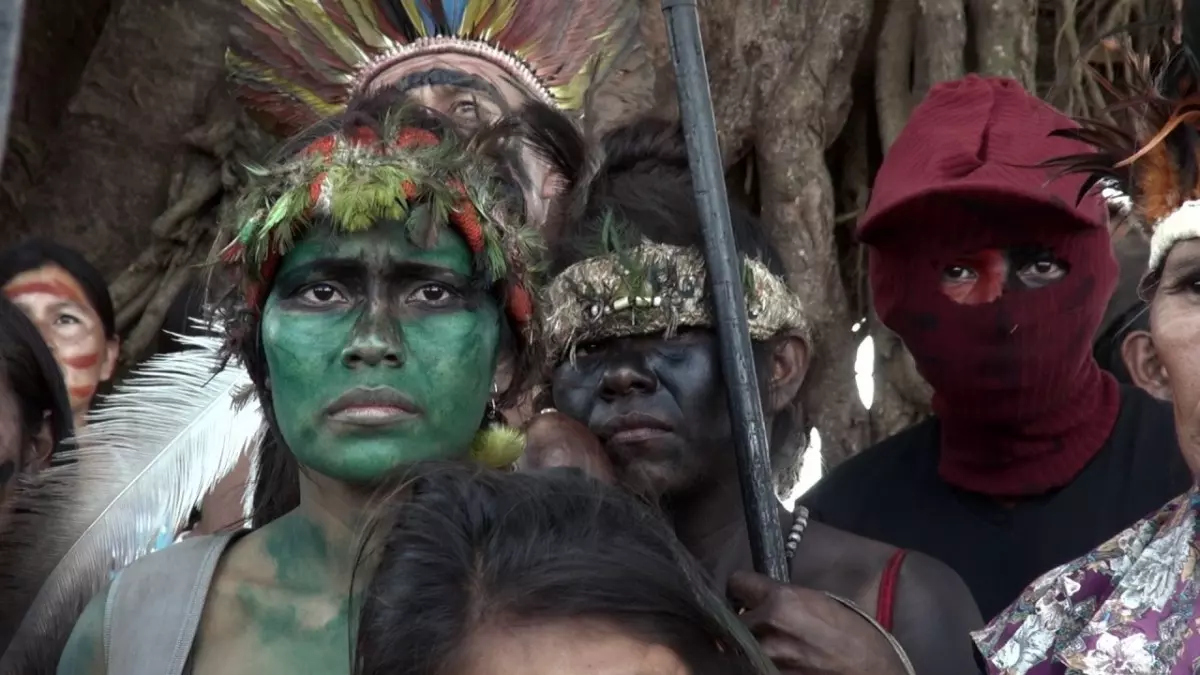In a groundbreaking move, Brazil’s Amnesty Commission has approved the first-ever collective reparation for indigenous communities affected by the military dictatorship from 1964 to 1985.
This decision reflects a significant shift towards acknowledging the military’s severe violations against the Krenak and Guarani-Kaiowá groups in Minas Gerais and Mato Grosso do Sul.
Members of the commission also issued a formal apology from the Brazilian state, coupled with recommendations to prevent such injustices from recurring.
This marks a departure from the commission’s previous focus on individual cases, a change made possible by last year’s regulatory update to include collective reparation.
The Public Prosecutor’s Office’s investigations brought to light the arrest, mistreatment, forced labor, and displacement endured by the Krenak people.

Notably, the military established the Krenak Reform School, essentially a prison for indigenous people, and forcedly relocated individuals to the Guarani farm.
The Guarani-Kaiowá community from Guyraroká, displaced during the dictatorship, began to reclaim their land in 2004.
While the commission’s decision doesn’t offer financial restitution, it represents a pivotal moment in advocating for indigenous rights and advancing land demarcation efforts.
In 2022, the Public Prosecutor’s Office appealed the rejection of claims by two ethnic groups under former President Jair Bolsonaro, prompting a commission review.
This historic reparation effort sheds light on Brazil’s path towards rectifying past wrongs and ensuring justice for its indigenous populations.
Background
As Latin America’s largest and most influential country, Brazil shapes regional trends more significantly than often perceived on the global stage.
In March 2024, we mark 60 years since Brazil initiated a wave of military dictatorships that swept through South America until 1990.
The 1964 Brazilian coup, with U.S. support, sparked authoritarian rule across the continent. Only in 1985, after 21 years, did Brazil return to democracy.
The U.S. played a significant role in this era, aiming to thwart communist influences during the Cold War.
Its involvement was partly motivated by events like the Cuban Revolution, which had shifted Cuba closer to the Soviet Union, leading to tensions exemplified by the Cuban Missile Crisis.

